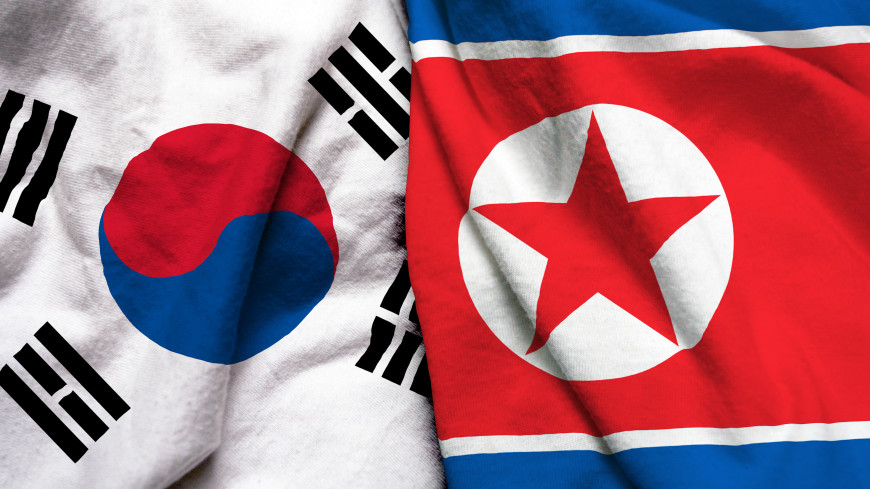Book Review
UNDERSTANDING CONTEMPORARY KOREA FROM RUSSIAN PERSPECTIVE: POLITICAL AND ECONOMIC DEVELOPMENT SINCE 2008.
Anatoly Torkunov, Georgy Toloraya, Ilya Dyachkov. Palgrave Macmillan. 2022.
ISBN 978-3-031-07600-8
URL: https://link.springer.com/book/10.1007/978-3-031-07601-5
Published in 2022, but already a classic among Russian (and not only Russian) scholars of Korean Peninsula politics, this monograph by Acad. Anatoly Torkunov, Dr. Georgy Toloraya, and Dr. Ilya Dyachkov focuses on three aspects: the internal politics of the two Koreas, the nuclear issue, and relations with Russia. The monograph is a unique study of the development of the two diametrically opposed – and in some ways strikingly similar – countries at the present stage, which for more than 60 years have contributed greatly to the balance of power in the Asia-Pacific region. The monograph opens with a study of the development of the DPRK and Republic of Korea at the present stage: the mistakes and successes of Kim Jong Un, political games between elites in South Korea, new socio-economic trends in both countries, and, of course, the most interesting aspect for international security researchers – relations between the two Koreas in strategic and political terms.
The second section of the monograph provides a unique opportunity to peek with one eye into the nuclear program of the DPRK. In this regard, new players also appear on the political chessboard thoroughly described in the previous section – the United States, represented by the administration of Barack Obama (2009-2017) and then the following American presidents, as well as Russia, China and Japan – the main factors ensuring the fragile stability in the Asia-Pacific region. In general, the authors conclude that the risk of armed escalation on the Korean Peninsula is insignificant, as it would be unacceptable for all parties concerned: the United States does not want a change in the status quo in the form of controlled chaos, while the Family of Kim Jong Un and South Korean elites are quite satisfied with a situation consonant with Leon Trotsky’s infamous formula no war, no peace.
In the last part of the monograph, the authors focus on the relations between Russia and the two Koreas. Much attention is paid to the turbulent relationship with Kim Jong II, cooperation with Kim Jong Un, and the problems of economic interaction under the North Korea’s economic blockade. In the case of South Korea, more attention is paid to economic and trade ties, as well as the thorny path to strategic partnership with the country. Thus, the monograph is a must-read for researchers engaged in Korean studies, as it provides a competent and comprehensive view of the balance of power on the Korean Peninsula and the prospects for the development of relations between Russia and the two Koreas. The monograph is also written on the hot tracks, covering important events of the recent years in politics, economy and military sphere of the Korean peninsula, which, of course, is of special interest not only for researchers, but also for all those interested in this subject.
The preparation of the review was carried out for the Security Index Yearbook 2024/2025 Global Edition, which is preparing within the framework of the joint project of PIR Center and MGIMO University Global Security, Strategic Stability, and Arms Control under the auspices of the Priority-2030 Strategic Academic Leadership Program.
Key words: Korea; Nuclear Nonproliferation; Global Security
NPT
E16/MIN – 24/03/25




